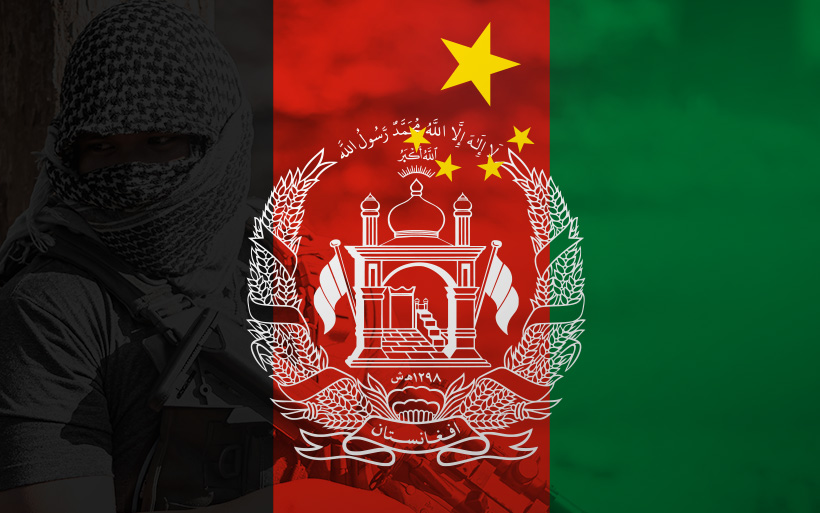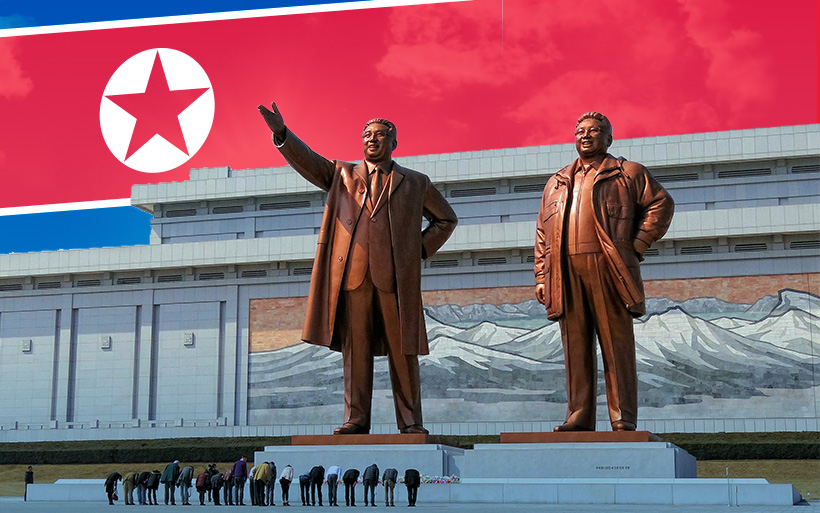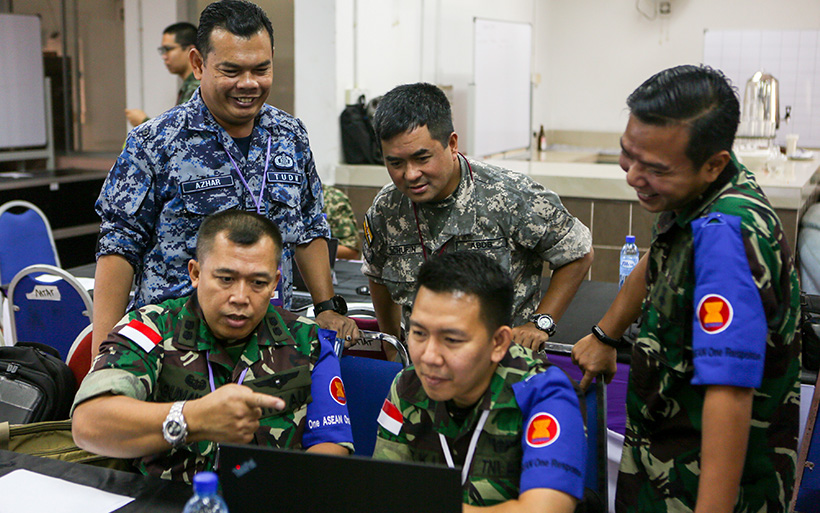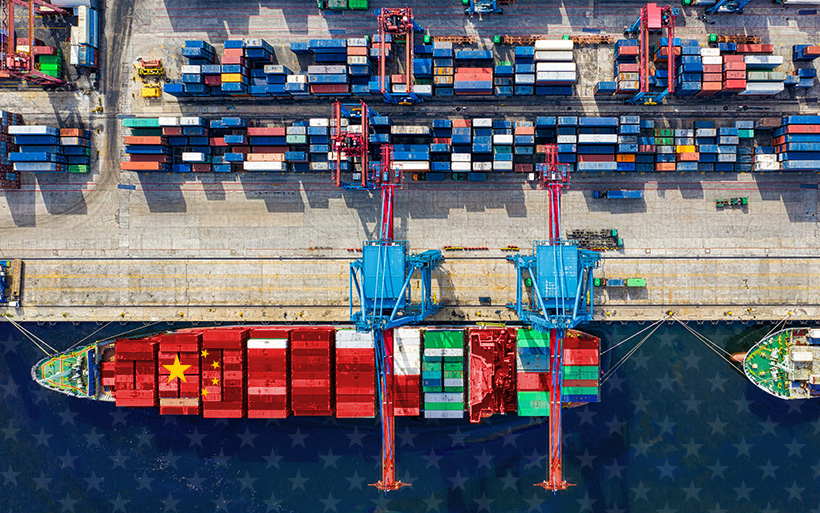China’s Global Security Aspirations with Afghanistan and the Taliban
“China’s Global Security Aspirations with Afghanistan and the Taliban” is the title of a paper written by Dr. Deon Canyon and Dr. Srini Sitaraman for Security Nexus. This paper details possible motives of the Chinese Communist Party (CCP) in forming new partnerships with Afghanistan through a historic lens, amidst the effects of COVID-19 and the U.S. withdrawal. Excerpt As the U.S. plans its departure from Afghanistan, China is using the COVID-19 pandemic as a backdrop to build regional ties in meetings with Afghanistan, Nepal and Pakistan that aim to extend the BRI. Chinese Foreign Minister Wang Yi said, “We [...]














